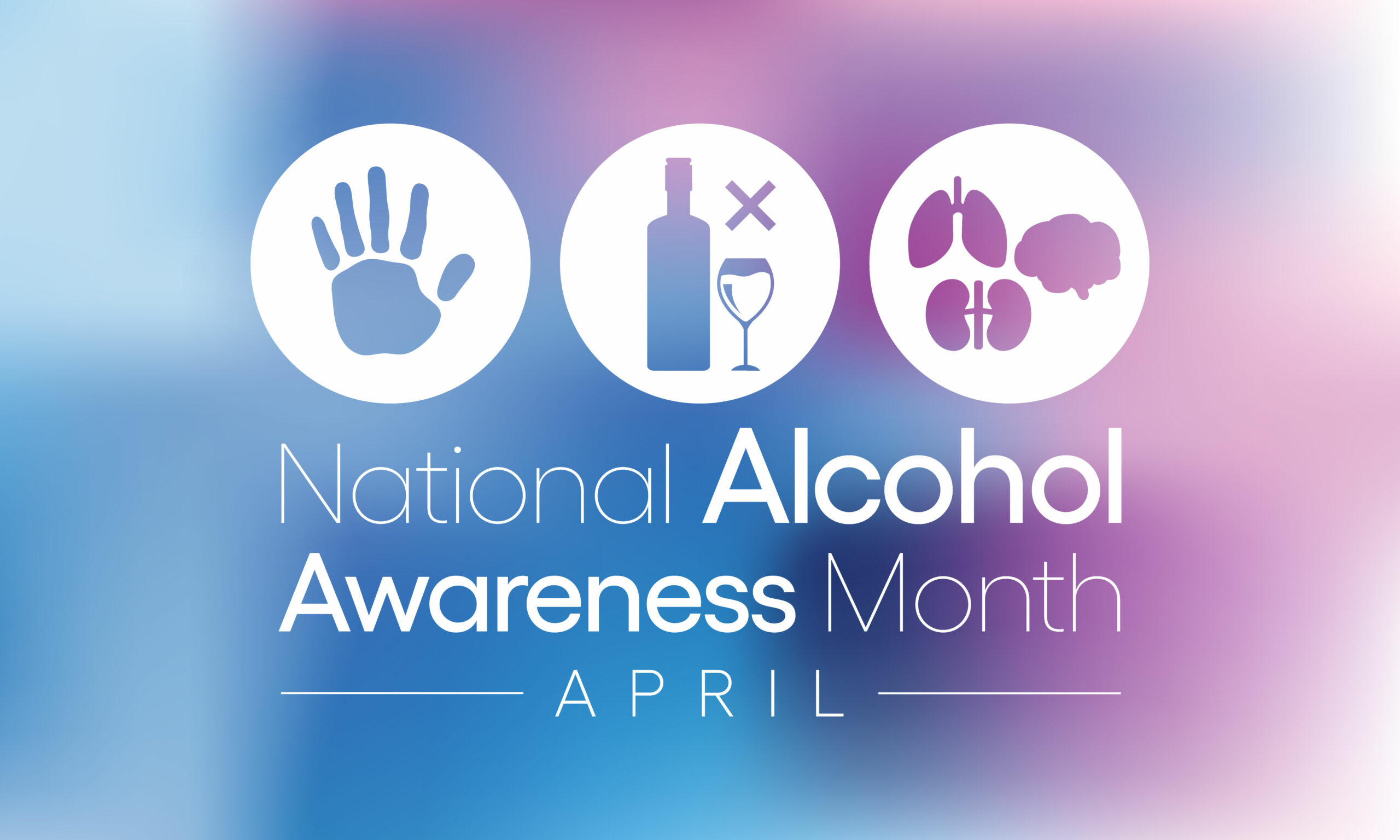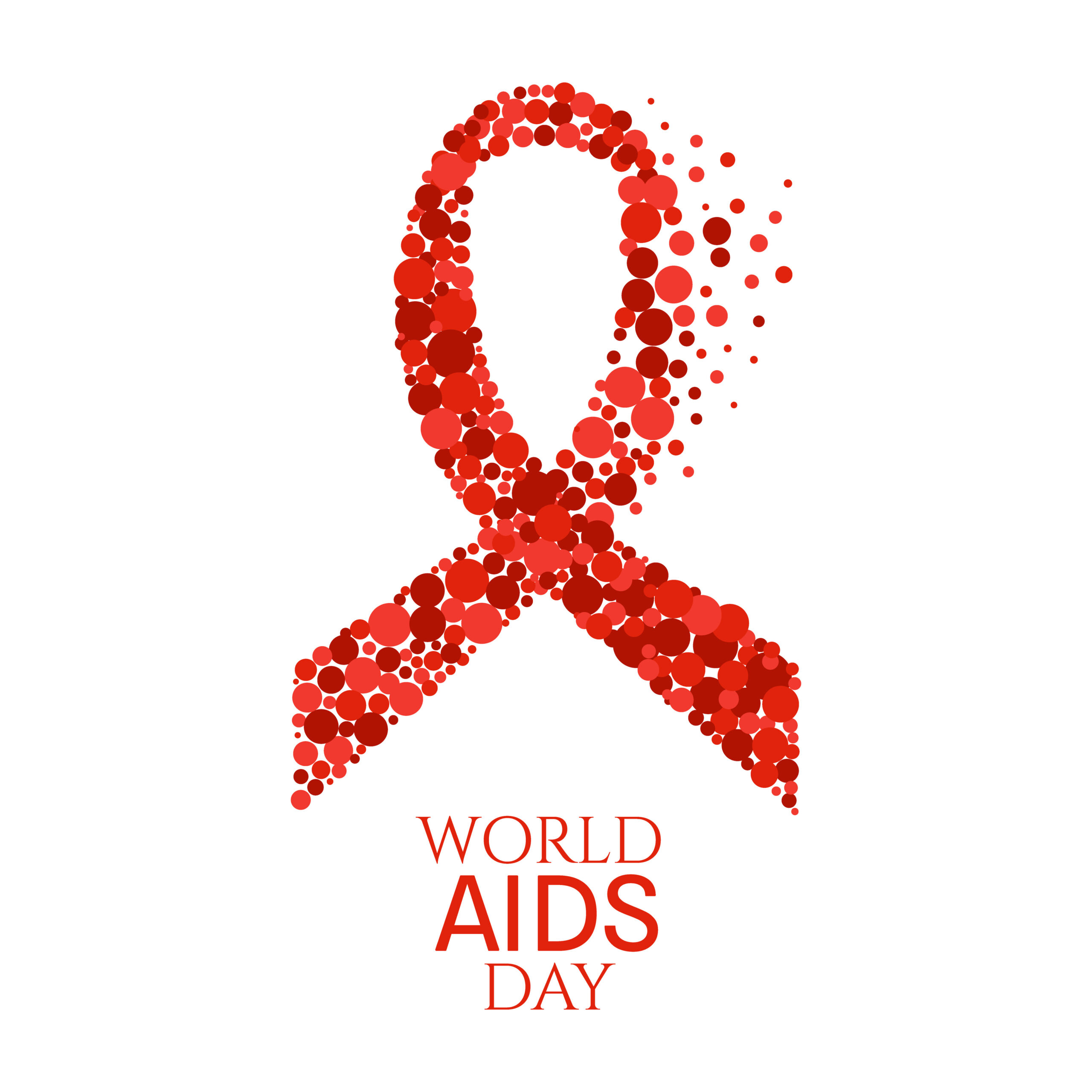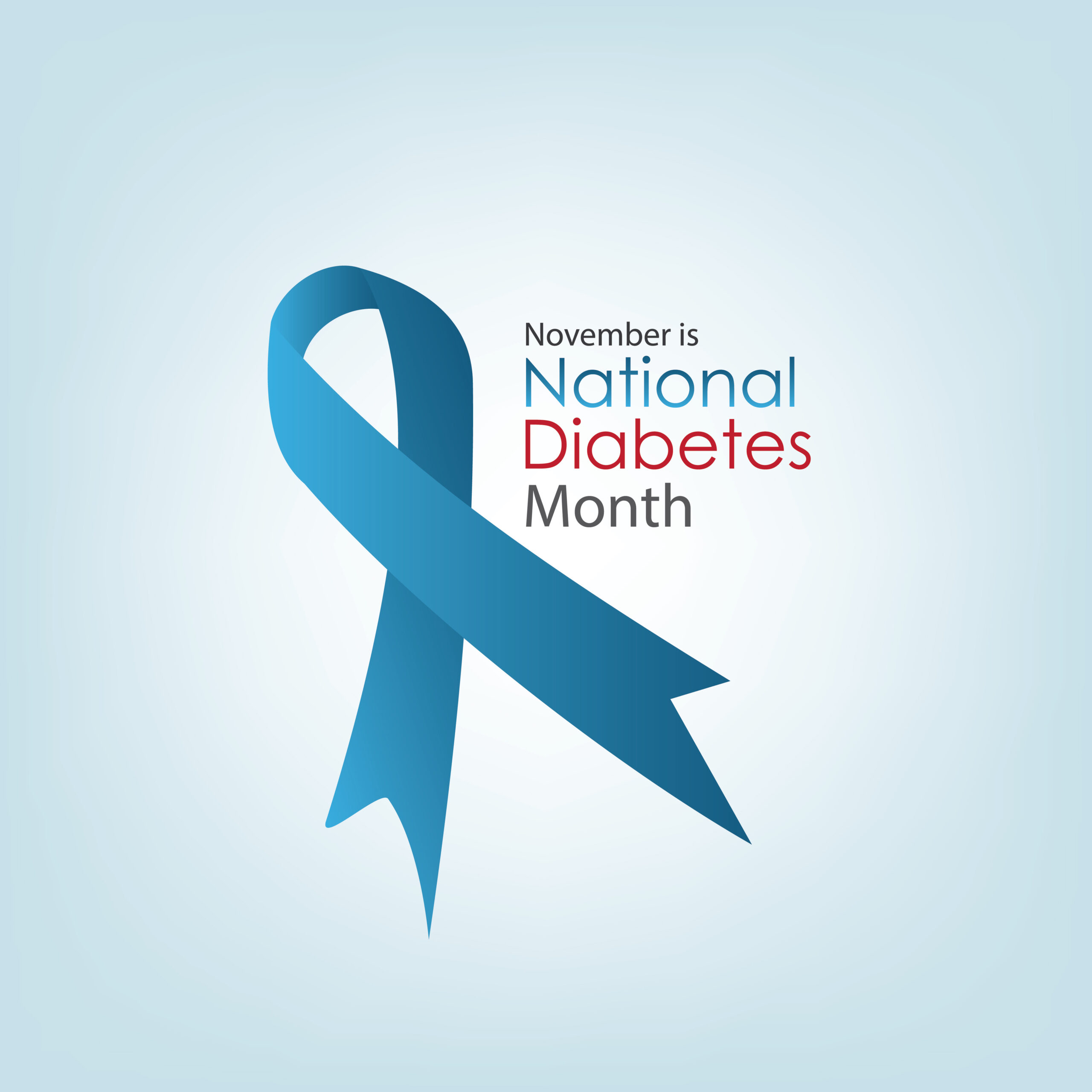
Beer, wine, margaritas, rum runners, whiskey sours, and beyond: alcohol comes in many forms, just like the diversity of the individuals who drink it. April is Alcohol Awareness Month: an ideal time to shed light on the way drinking and alcohol abuse may impact the well-being of ourselves and our patients and explore the reasons why alcohol habits could vary among patients.
Alcohol and Your Health
Alcohol consumption, especially binge drinking, can bring a range of unwanted health effects. The CDC defines binge or excessive drinking four or more drinks for women, or five or more drinks for men during a single occasion
Alcohol abuse can cause long-term health risks, including:
- High blood pressure
- Heart disease
- Liver disease
- Stroke
- Digestive problems
- Cancer
- Weakening of the immune system
- Memory problems
Beyond physical health impacts, binge drinking can also lead to negative effects on mental health, leading to depression or anxiety or alcohol dependence, according to the CDC.
Patients have different preferences, unique backgrounds, and a range of experiences that impact their mental health, their identities, and their drinking habits. It is important to recognize that treating
Alcohol and LGBTQ+ Patients
LGBTQ+ patients face unique challenges that can impact their alcohol use and addiction potential, and subsequently their overall health. The National Institute on Drug Abuse reports that, compared to their heterosexual counterparts, gay, lesbian, and bisexual adolescents are 90% more likely to use alcohol and drugs. This can add increased risk for alcohol misuse and/or addiction into adulthood.
“A major contributing factor to higher rates of alcoholism in the LGBTQ community is the minority stress many face, due to sexual orientation,” according to the Alcohol Rehab Guide. “Minority stress is defined as the negative impact of adverse social conditions experienced by a marginalized social group. Such stressors impact a person’s sense of identity and relationship to the world around them. As a result of such social pressures, several co-occurring disorders, or mental illnesses that are present alongside alcoholism, are more common among members of the LGBTQ community.”
Consider this scenario: a gay 23-year-old male has not shared his sexual orientation with his family and friends, and he continues to date women. He could seek out alcohol as a coping mechanism as he is not living as his authentic self, and he may feel a sense of guilt for misleading others — or fear that his truth may be unknowingly revealed.
Even if this male does eventually disclose his sexual orientation, now he will likely face a new fear: fear of discrimination. The alcohol use continues as he tries to cope with a new range of concerns, and alcohol use could turn to abuse without proper support.
No matter how far LGBTQ+ patients have traveled on their gender and sexual identity journeys, they face unique challenges.
Implications for Practitioners
It is important for practitioners to first recognize these stressors and risk factors for this population, and to educate themselves and their teams on ways to become a supportive, safe space, and hopefully help mitigate these risks for better health outcomes.
“Although alcohol addiction in the LGBTQ community has gained more awareness in recent years, it’s still greatly under-treated,” says Dr. Michael Kasliszewski in Alcohol Addiction and Abuse in the LGBTQ Community.
Dina Proto International provides this important education and training to healthcare organizations and practitioners alike. A free, confidential hotline is also available 24/7 through Substance Abuse and Mental Health Services Administration, or SAMHSA: 1-800-662-HELP (4357).
Sources
Alcohol Rehab Guide. (n.d.). LGBTQ Alcoholism. Retrieved from https://www.alcoholrehabguide.org/resources/lgbtq-alcoholism/
Kasliszewski, M. (2020, Oct. 26). Alcohol Addiction and Abuse in the LGBTQ Community. American Addiction Centers.Retrieved from https://americanaddictioncenters.org/lgbtqiapk-addiction/alcohol-addiction-and-abuse-lgbtq-community
Centers for Disease Control and Prevention. (n.d.). Alcohol Use and Your Health. Retrieved from https://www.cdc.gov/alcohol/fact-sheets/alcohol-use.htm
National Institute on Drug Abuse. (2017). Substance Use and SUDs in LGBT Populations. Retrieved from https://www.drugabuse.gov/related-topics/substance-use-suds-in-lgbt-population
Substance Abuse and Mental Health Services Administration. (n.d.). SAMHSA’s National Helpline. Retrieved from https://www.samhsa.gov/find-help/national-helpline



